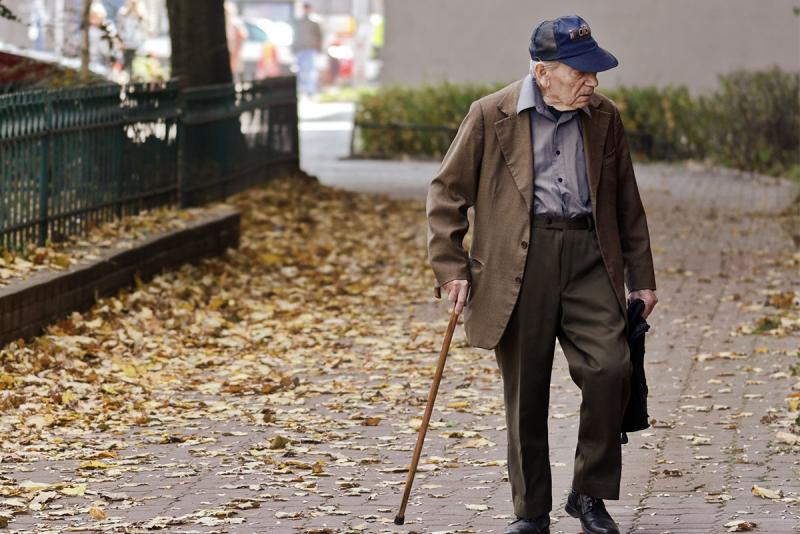Improving Geriatric Care
Geriatric Workforce Enhancement Program trains Colorado social workers and nurses to care for older adults

Nationwide, nearly a third of older adults who die each year have Alzheimer’s disease or another dementia — a leading cause of death in Colorado. But despite increasing numbers of older adults and those diagnosed with dementia, the U.S. has just half the geriatricians it needs. For instance, in Colorado Springs, Colorado — home to nearly 44,000 adults age 65+ — there are just two Medicaid- and Medicare-funded medical providers available to serve the mental health needs of geriatric patients in long-term care.
When the practicing psychiatrist retires soon, there will be just one: geriatric acute care and mental health nurse practitioner Melanie F. Sandoval, PhD and AGACNP-BC, who has a case load of hundreds.
Sandoval is a fellow in the Geriatric Workforce Enhancement Program (GWEP), a statewide initiative to expand and improve geriatric care in Colorado. The Colorado Center for Nursing Excellence has partnered with the University of Denver Graduate School of Social Work (GSSW) and other university and community partners to implement GWEP, the first initiative of its kind in the state. Funded by the Health Resources and Services Administration, GWEP formed an academic–clinical partnership that aims to educate and train a geriatric workforce; educate and train the health care workforce in interprofessional care, geriatric primary care, geriatric oral health, and Alzheimer’s disease and related dementias; to transform clinical environments into Age Friendly Health Systems; and to provide geriatric training for the community.
“Our population of older adults is exploding, and there are not enough trained practitioners, including social workers, who understand the special needs of an aging population, especially those with Alzheimer’s and dementia,” says Clinical Associate Professor Michael Talamantes. “Whether it’s home care, long-term care or memory care, all of these areas need more qualified and skilled practitioners for older adults.”
The disproportionate impacts of COVID-19 on older adults — particularly those in congregate-care settings — has magnified this need, Talamantes says, noting that this population is experiencing higher infection and mortality rates as well as mental health impacts from isolation.
At GSSW, the program annually provides $10,000 stipends for up to four Aging Services & Policy MSW students in their concentration year who are in Colorado. The students complete an aging-related field internship and participate in a fellowship training program alongside a cohort of advanced practice nurse practitioners from around the state. Following an in-person daylong training that includes an empathy-building virtual-reality dementia experience, MSW and nursing fellows are paired and complete a series of online modules covering topics such as cognitive screening tools, assessment for Alzheimer’s disease and related dementias, team-based interdisciplinary care, and advanced directives and end-of-life planning. Fellows also participate in one-on-one monthly calls with a coach.
Second Wind Dreams gives Virtual Dementia Tour
“If families and caregivers got this kind of training, millions of dollars could be saved in medical expenses. It could also bring us closer to those we love the most.” -Fred Blankenship, WSB-TV




